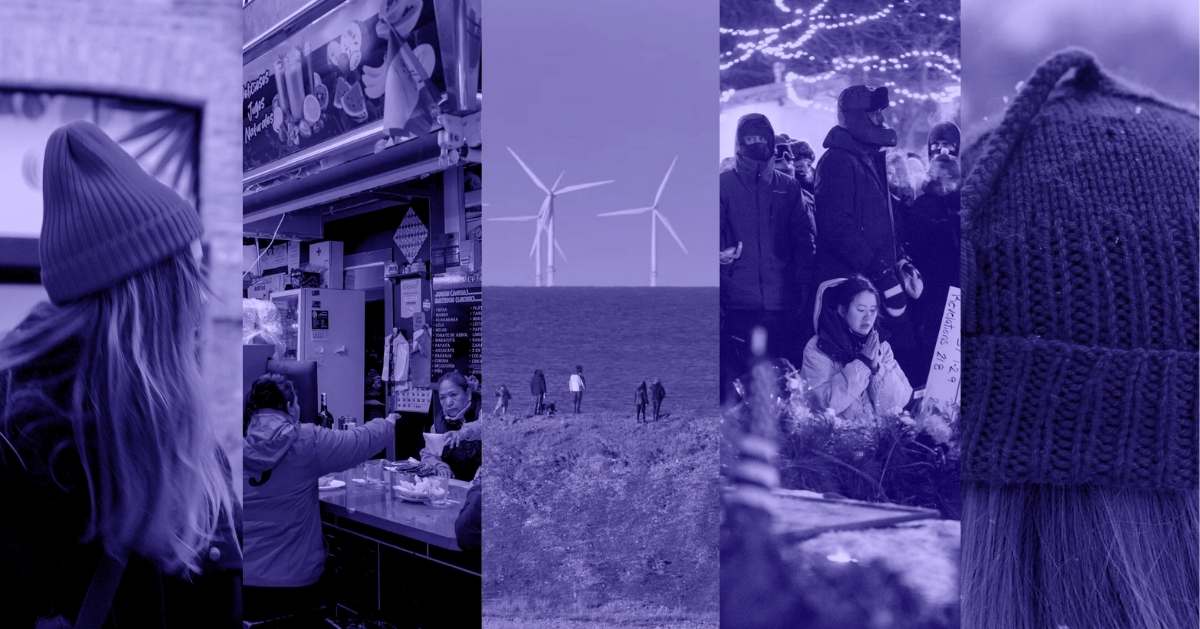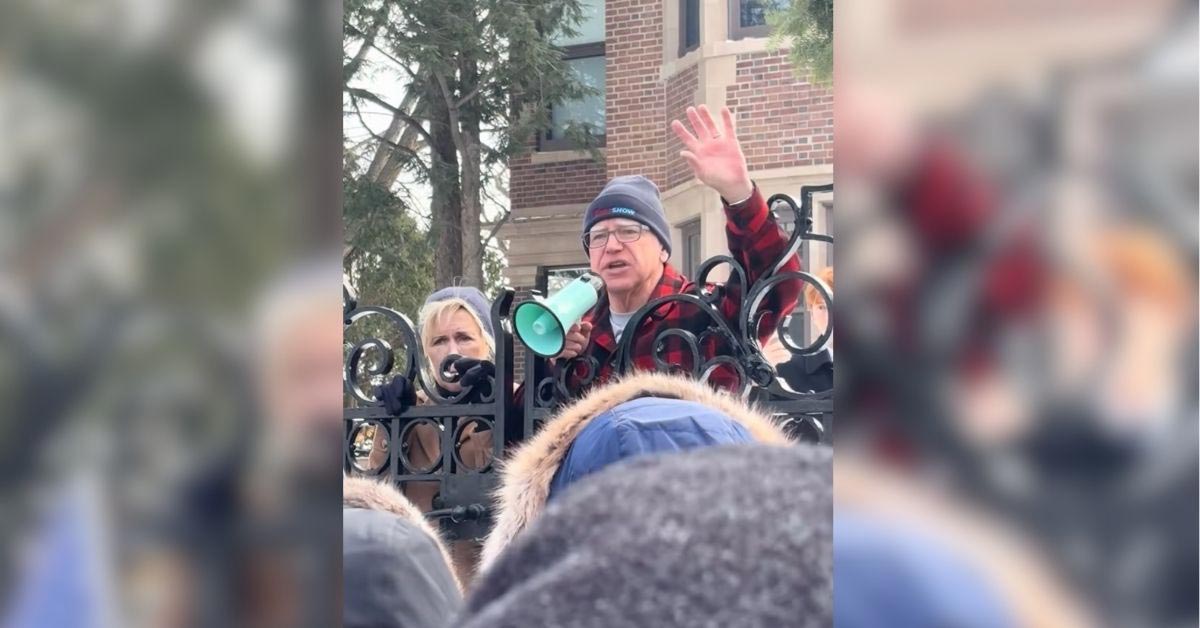Chicago is on track to potentially construct roughly 47 miles of new bikeways in 2024, as part of a larger pledge to add 150 miles of new and improved bikeways in just a handful of years.
Chicago’s Department of Transportation recently updated their public spreadsheet and interactive map for 2024 bikeway installations, which includes bike trails, protected bike lanes, and neighborhood greenways.
At the time of publication, 10 bikeways have been installed, 17 are underway, and 56 more are planned for construction in countless neighborhoods and city streets across the third largest city in the U.S.
The ambitious city planning project is spearheaded by Complete Streets, a program run by the CDOT which prioritizes street designs that are accessible, environmentally sustainable, and pedestrian-friendly.
2023 marked a record-breaking year for the city, with the addition of over 50 miles of bike-friendly routes.
At the end of last year, Complete Streets manager David Smith attended a city council hearing and spoke about their achievements, which included the donation of 1,350 free bikes to citizens and a record number of users utilizing the bike rental system Divvy.
“2023 really was an exciting year, and I think sets the tone and the stage for how we move forward in the years to come,” Smith told the the municipal legislation of the Chicago city council.
“When we design our streets and adopt policies that prioritize those most vulnerable, we improve the safety and accessibility for everybody using the street.”

This news comes alongside a recent announcement from the Chicago Metropolitan Agency for Planning to strengthen the city’s compliance with the Americans with Disabilities Act.
“CMAP is thrilled to continue supporting communities in their planning and implementation efforts through our technical assistance program,” said Erin Aleman, CMAP executive director, in a press release.
Aleman went on add that the Regional Transportation Authority received an “unprecedented number of applications” for city improvements.
“[This] highlights the significant demand for planning support throughout our region,” Aleman explained.
“CMAP's technical assistance program aligns with the region's comprehensive plan ‘ON TO 2050,’ and its principles of resilience, inclusive growth, and prioritized investment.”
The ON TO 2050 Plan is a 30-year strategy to better Chicago’s seven counties, with a focus on transportation safety and accessibility, improved equity, and a healthier environment for all Chicagoans.
By all accounts, Chicago is on track towards a brighter future.
The city’s increased number of protected bike paths, improved ADA compliance for public transportation, and the ON TO 2050 plan all add credence to the biggest goal of all: the state’s pledge to run completely on clean, carbon-free energy by 2050.
Howard Learner, an attorney at Chicago’s Environmental Law and Policy Center, said that he believes in Illinois’ ability to “clean up” its energy system and end reliance on fossil fuels.
“It's ambitious, it's practical, it's doable,” Learner told CBS News.
Header image via SDOT / Flickr (CC BY-NC 2.0)



